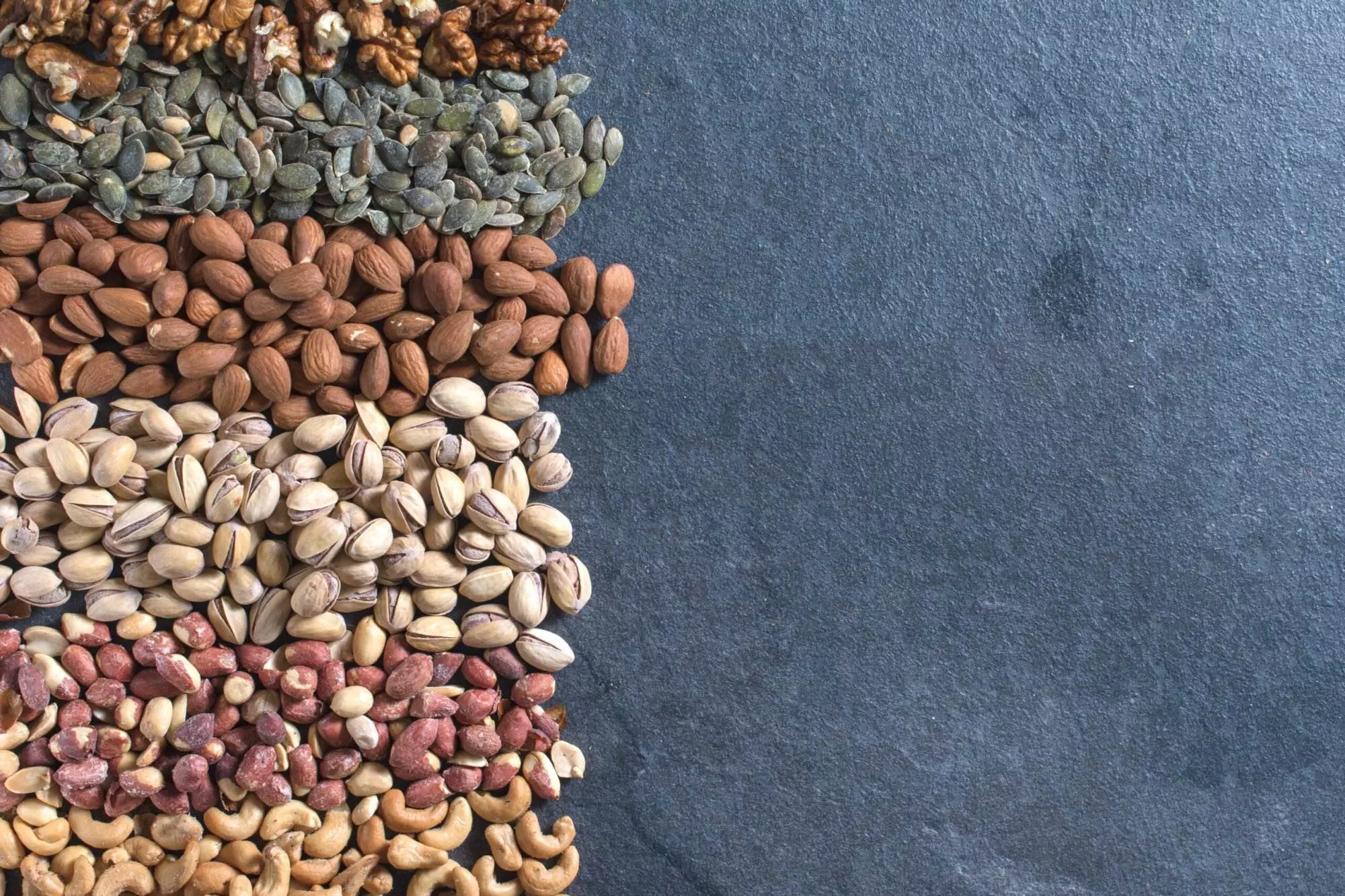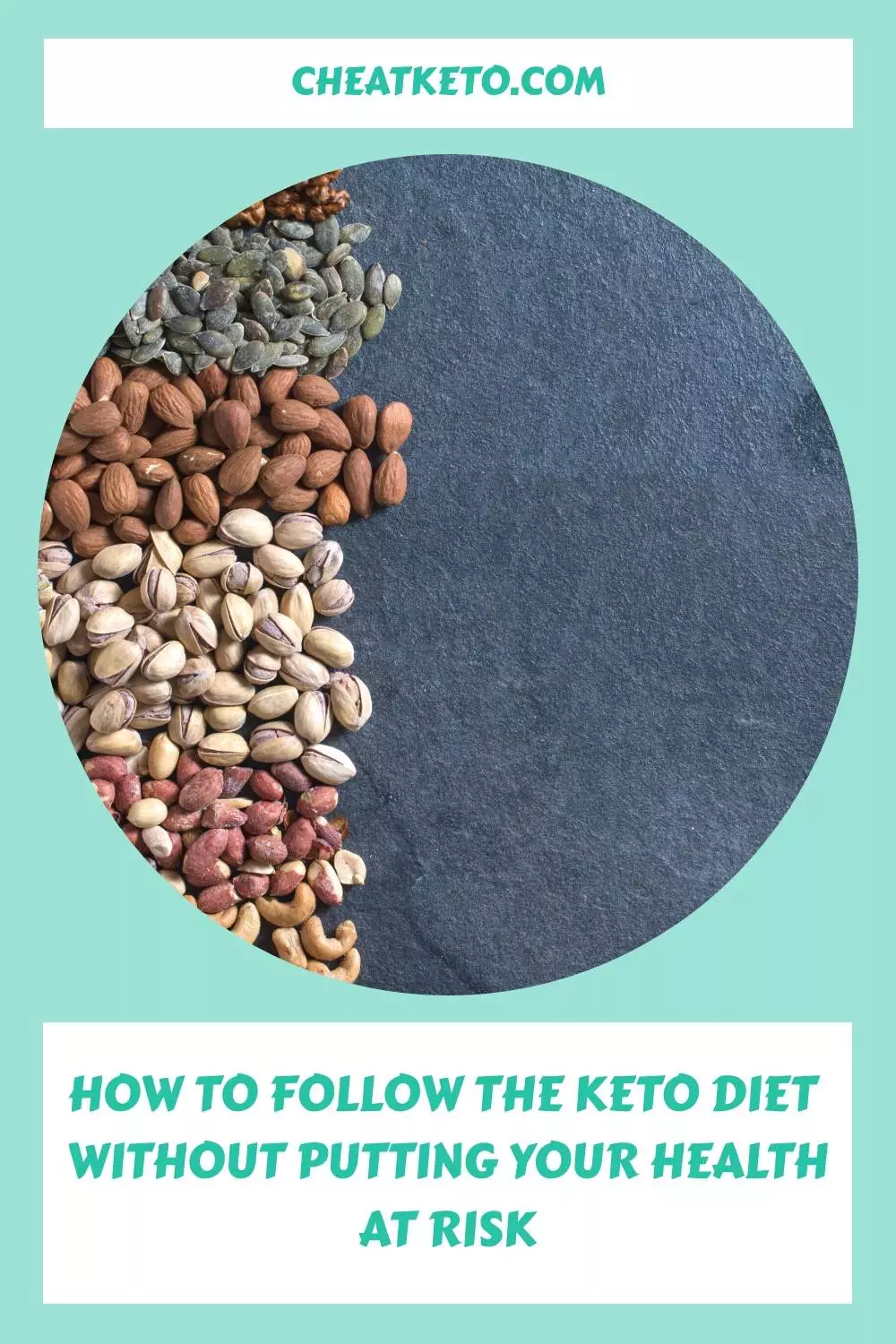
How to Follow the Keto Diet without Putting your Health at Risk
Body of the Blog Post:
The ketogenic diet, or simply “keto,” has become a popular weight loss and health trend in recent years. This low-carb, high-fat diet promises quick results by forcing your body into a state of ketosis, where it burns fat for energy instead of carbohydrates. However, there are concerns about the safety of this diet, especially if you have certain medical conditions or are taking medications that could be affected by drastic changes in your nutrient intake. In this post, we’ll explore how to follow the keto diet safely so that you can reap its benefits without putting your health at risk.
Introduction to the Keto Diet and Its Safety
The keto diet is designed to mimic the effects of fasting on the body by restricting carbs to less than 50 grams per day while increasing fat consumption to around 70% of total calories. By doing so, your body will enter a metabolic state called ketosis, which causes it to produce ketones as an alternative fuel source to glucose. While some people may experience rapid weight loss and improved blood sugar control on the keto diet, others may find it challenging to stick with due to side effects like constipation, headaches, and flu-like symptoms. Additionally, there are concerns about long-term complications such as kidney damage, bone loss, and increased inflammation levels.
Risks Associated With the Keto Diet
One of the main risks associated with the keto diet is dehydration. Because the diet encourages the excretion of excess water through urine, it’s essential to stay hydrated by drinking plenty of water throughout the day. Another concern is the potential for nutrient deficiencies, particularly vitamins and minerals found in fruits and vegetables that are restricted on the keto diet. People who take medications for heart disease, type 2 diabetes, or other chronic conditions should also consult their doctor before starting the keto diet, as it could interact with their medications.
How to Follow the Keto Diet Without Putting Your Health at Risk
If you decide to try the keto diet, here are some tips for following it safely:
1. Gradually reduce your carb intake: Start by reducing your daily carb intake by 5-10 grams each week until you reach the recommended limit of less than 50 grams per day.
2. Eat a variety of whole foods: Focus on consuming whole, unprocessed foods that are rich in healthy fats and protein, including meat, fish, eggs, nuts, seeds, and non-starchy veggies.

3. Stay hydrated: Drink plenty of water throughout the day to prevent dehydration and help flush out waste products produced during ketosis.
4. Take supplements: Consider taking a multivitamin or supplements containing potassium, magnesium, and sodium to replace electrolytes lost during ketosis.
5. Monitor your progress: Keep track of your weight, blood pressure, cholesterol levels, and any other health markers relevant to your personal goals and medical history.
Common Mistakes People Make When Following a Keto Diet
Some common mistakes people make when following a keto diet include not tracking their macronutrients (carbs, fat, and protein), consuming too much processed food, and not getting enough fiber from plant sources. These errors can lead to digestive issues, poor nutrient balance, and decreased overall satisfaction with the diet. It’s crucial to plan your meals ahead of time and choose whole, minimally processed foods to maximize the benefits of the keto diet while minimizing the risks.
Benefits of Following a Safe Keto Diet
Research suggests that the keto diet may offer several health benefits beyond weight loss, including reduced inflammation, improved insulin sensitivity, and better cognitive function. Some studies even suggest that the keto diet may be beneficial for managing epilepsy, cancer, and Alzheimer’s disease. However, more research is needed to confirm these claims and determine whether they apply to everyone or only specific populations.
Conclusion: Final Thoughts on the Safety of the Keto Diet
Whether or not the keto diet is safe depends largely on individual factors such as age, gender, medical history, and current medications. If you’re considering trying the keto diet, talk to your doctor first and proceed cautiously, monitoring your progress closely along the way. Remember that no single diet works for everyone, and what matters most is finding a sustainable eating pattern that aligns with your values and supports your overall health goals.

